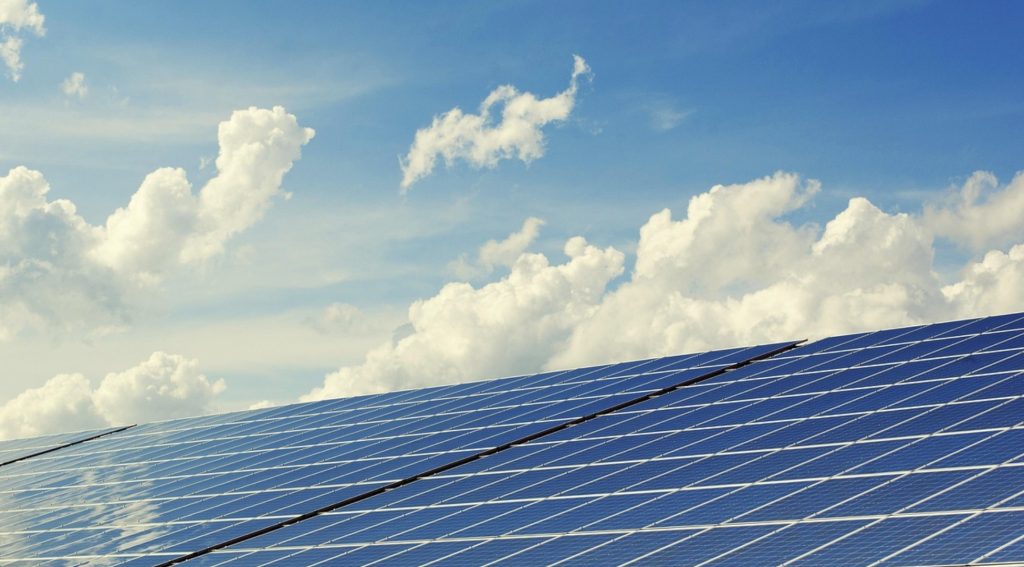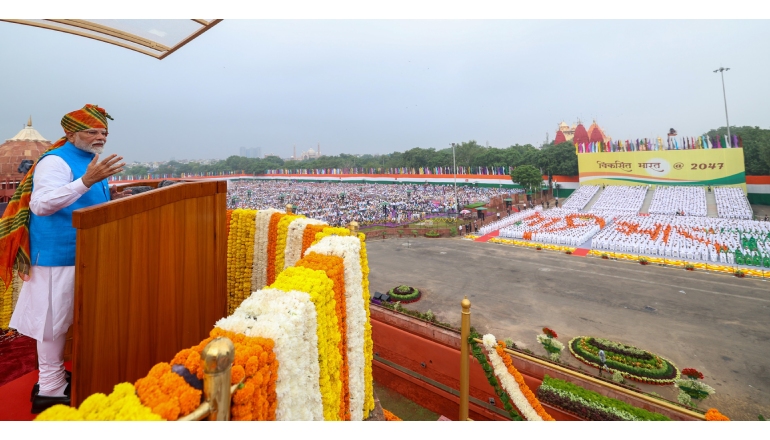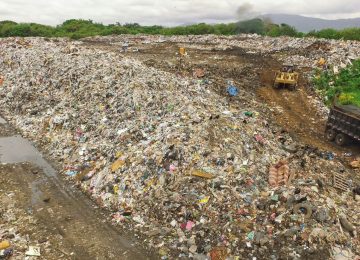The Director General of the International Solar Alliance (ISA), Ashish Khanna, highlighted that solar rooftops and pumps represent a significant business opportunity for Micro, Small, and Medium Enterprises (MSMEs) in both India and Africa.
He emphasized India’s progress in the solar sector as a model for other nations, pointing to the dramatic fall in the cost of solar pumps and the global push to replace diesel pumps with solar alternatives.
According to Ashish Khanna, Director General, ISA, solar rooftops and pumps present a significant business opportunity for MSMEs in India and African countries. Speaking at an event organized by the PHD Chamber of Commerce and Industry (PHDCCI), Khanna highlighted India’s advancements in the solar sector and noted that this progress could be a blueprint for other nations.
Major opportunities
The ISA Director General pointed to the immense potential of solar pumps, noting that their cost has fallen dramatically due to technological advancements. He emphasized the global need to shift away from diesel pumps to more environmentally friendly solar alternatives.
Khanna cited India’s government plan to expand its solar pump installations from the current 2 million to 5 million, which represents a massive business opportunity, with each pump costing approximately $10,000. He explained that this initiative would not only create economic wealth but also reduce farmers’ costs and improve the environment.
Khanna also highlighted the opportunities in African nations, citing the example of Ethiopia, which needs one million solar pumps to enhance food security. He explained that many African countries currently import vast amounts of agricultural expertise and would need to depend on countries like India to meet their solar demands.
India’s solar journey
Khanna also touched upon India’s progress in the solar sector, stating that the country has surpassed Japan to become the world’s third-largest solar power producer.
He mentioned that India’s cumulative solar capacity stood at 119.02 GW as of July 2025, with a significant portion coming from grid-connected rooftop systems. He added that the country’s rapid growth in domestic solar manufacturing, including panels and cells, is supported by government policies that mandate the use of Indian-made products in key solar schemes.













